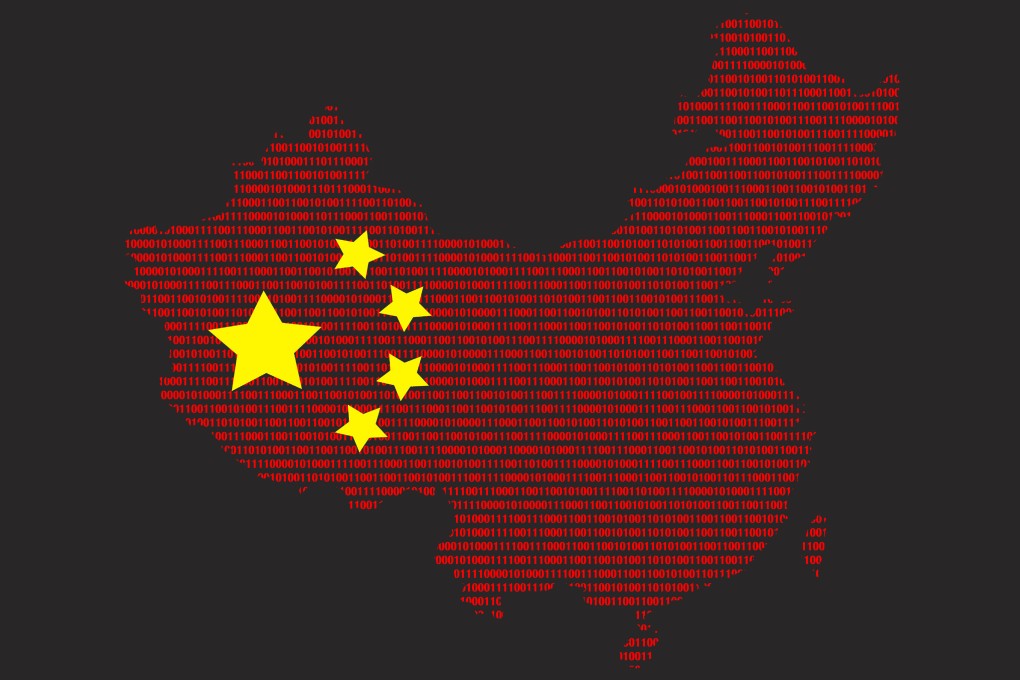Shanghai’s Web3 support draws industry scepticism, but also ‘cautious optimism’ in country that banned cryptocurrencies
- The Shanghai government has pledged support for Web3 development in its 14th five-year plan, with explicit mentions of NFTs and decentralisation
- Industry professionals are sceptical about whether the government’s vision of decentralisation is compatible with the industry’s, but see some positive signs

The Shanghai government has pledged support for Web3 development for the first time as part of its 14th five-year plan, but entrepreneurs are sceptical about whether it will bring big changes in a country that shuns cryptocurrencies and decentralisation.
Shanghai will explore the development of “key Web3 technologies” as part of the city’s efforts to improve its “new digital infrastructure”, the municipal government said in the document published on Wednesday, which outlines the city’s plans for the digital economy through 2025.
Examples of such technologies include development of the decentralised authentication protocol OpenID, decentralised domain name systems (DNS) and end-to-end encrypted communications, according to the document.
However, the news has not elicited much enthusiasm from industry professionals. “Everyone was sharing this news on WeChat, but I know that only a very small proportion of them would actually care about it,” said an investor at a Web3-focused venture capital firm with operations in China, who asked not to be named because of the sensitivity of the discussion.
“People hold no illusions about the near-term regulatory situation,” he said. “Some people would just keep doing what they’re doing, and some will or would have left the country.”
The document also does not offer specifics on how decentralised technologies might be integrated into the economy. Decentralised tools that work using peer-to-peer connections between users are a big component of Web3 and are often used to evade China’s censorship regime enforced through centralised internet platforms and servers. Trying to look up a banned internet domain through a centralised DNS in China, for example, could result in the request being blocked before it resolves the internet protocol (IP) address.
The fact that the document mentions decentralisation at all has surprised some.